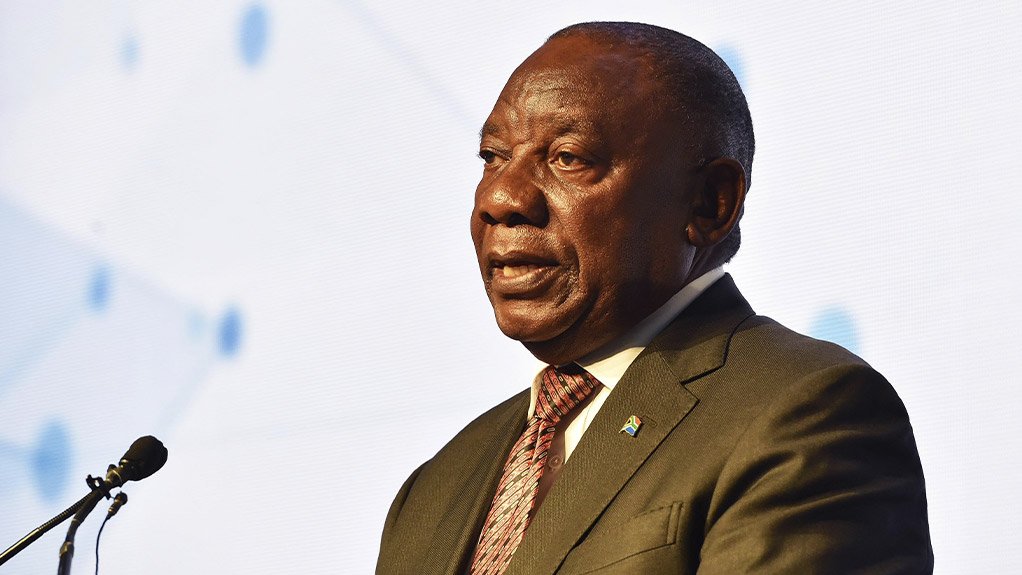President Cyril Ramaphosa on Monday commended the contribution of the International Labour Organisation (ILO) for the contribution and impact it has made to work and the lives of workers in its 100 years of existence.
“It is a great honour to address this session of the International Labour Conference in the year that the ILO celebrates its centenary,” Ramaphosa said at the organisation’s 108th session in Geneva, Switzerland.
Ramaphosa said that the ILO played a pivotal role during South Africa’s struggle for democracy, justice and worker’s rights, citing the recent victory of mine workers when together with five mining houses they asked for a multi-million dollar settlement for workers who had contracted diseases such as TB and silicosis during their work on the mines.
“This settlement, and the class action that preceded it, is unique in our history and covers compensation for workers as far back as 1965,” Ramaphosa said.
Citing it as a victory in the fight for social justice, Ramaphosa said that the ILO, as it did one hundred years before, once again had embarked on the road to find solutions for the new challenges that workers face today.
“They sought to lay the foundations for a new world of social justice, where governments, employers and workers would strive together in pursuit of a common goal. It was a vastly different world back then, emerging from the ravages of war, but the challenges it faced are similar to those we face today,” he said.
“Now, the world must confront the question of how to enhance the rights of workers in the face of rapid industrialisation, climate and technological change."
He said the establishment of the Global Commission on the Future of Work, which the president co-chairs with Prime Minister Stefan Löfven, places the ILO at the centre of global efforts to shape the world of work in the future.
“The work undertaken, the insights shared, and the recommendations put forward will be of immense benefit for many countries and for my own country, South Africa, as we grapple with the challenges of change,” Ramaphosa said.
The commission comprises leading figures from business, trade unions, think tanks, governments and NGOs from across the world and has adopted a human-centred approach that it hopes will bring about “rapid and unprecedented change in the world of work“.
“Both the workforce and the workplace are being rapidly transformed by the technological advances of the Fourth Industrial Revolution, as the growth of artificial intelligence, automation and robotics threatens jobs," he said.
“Unemployment and working poverty have trapped hundreds of millions of people across the globe."
Ramaphosa said that these changes also presented new opportunities that should be used to shape the future world of work. “(W)e need a new approach,” he said.
"That is why the Global Commission on the Future of Work has said that we need to invest in the capabilities of people, we need to invest in the institutions of the world of work, and we need to invest in decent, sustainable work."
EMAIL THIS ARTICLE SAVE THIS ARTICLE
To subscribe email subscriptions@creamermedia.co.za or click here
To advertise email advertising@creamermedia.co.za or click here











